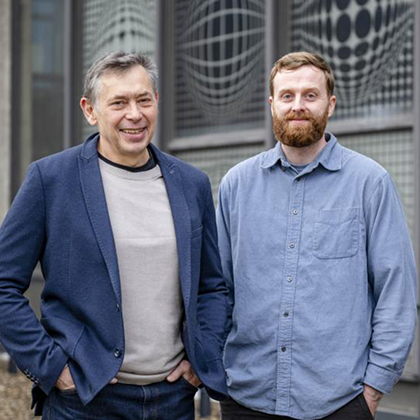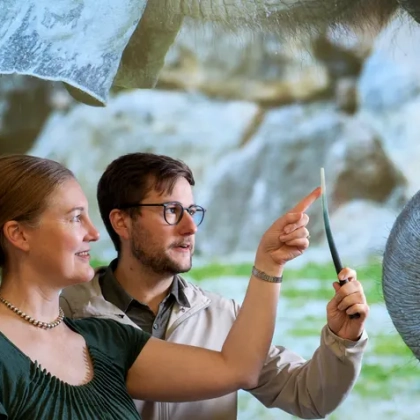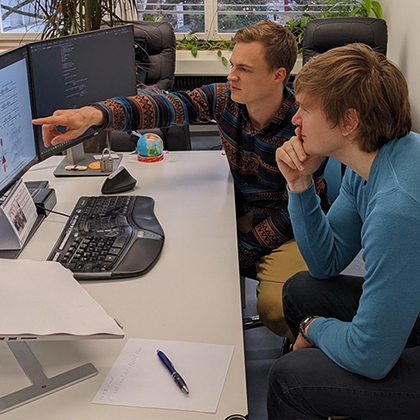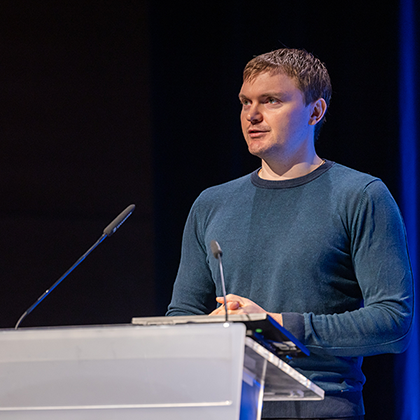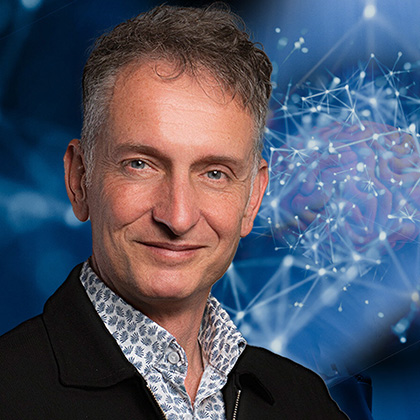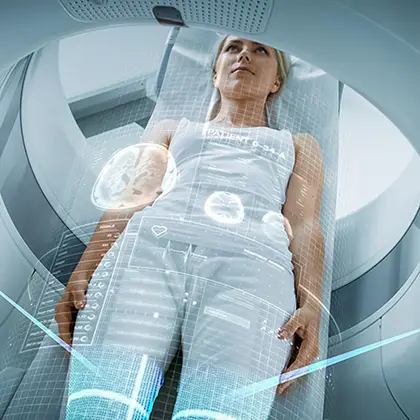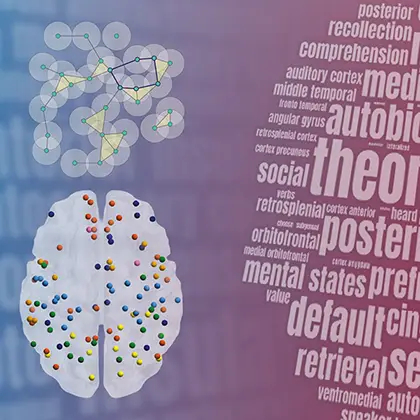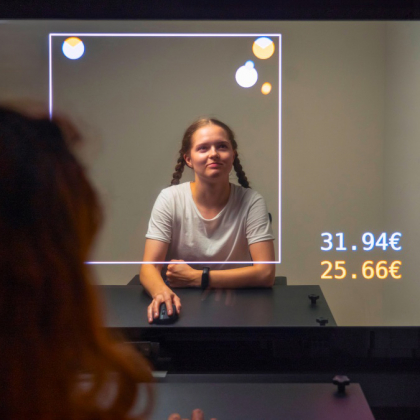Bernstein Network News. Find the latest news from our researchers regarding current research results, new research projects and initiatives as well as awards and prizes.
How psychedelic drugs affect the brain
Research findings reinforce new approaches in psychology, using psychedelic substances under medical supervision to treat certain clinical conditions.
Elephant trunk whiskers exhibit material intelligence
Scientists discover the secret behind the elephant’s sense of touch.
Brain network identified for effective treatment of Parkinson’s disease
Deep brain stimulation is a key procedure in the treatment of Parkinson's disease. Researchers have now identified the optimal target network in the human brain.
From brains to AI: a new theory of learning through time
A new study published in Nature Communications presents a theory of how the brain can learn complex temporal patterns such as speech, music or movement. The work introduces a framework describing how networks of cortical neurons can use local, real-time signals to recognise patterns that unfold over time, helping bridge a gap between neuroscience and machine learning. Beyond advancing our understanding of brain function, the findings could also inspire new generations of energy-efficient artificial intelligence systems.
Ultrafast nanolasers mimic how the brain imagines unseen parts of the world
A new study fostered by EBRAINS has demonstrated how networks of spiking nanolasers could emulate a key principle of brain function: to imagine things that we cannot directly perceive by sampling from internal models of the world. The study, led by scientists from the University of Bern in collaboration with Thales Research & Technology located in the Paris-Saclay campus area, has now been published in Nature Communications. Physical computers based on semiconductor lasers represent some of the most promising candidates for next-generation AI systems, given their envisaged advantages in speed, bandwidth and power consumption compared to conventional electronics. The study demonstrates how advances at the intersection of neuroscience, physics and computer science could lead to new forms of artificial intelligence.
Reaping the benefits of the brain’s information processing principles
The Chair of Artificial Intelligence at Chemnitz University of Technology and the Chair of Neuropsychology at Otto von Guericke University Magdeburg want to make artificial intelligence more powerful by drawing inspiration from the brain's habit learning processes.
AI meets psychiatry
The MindShift project at the University of Marburg's Faculty of Medicine is receiving over € 870,000 in funding from the state of Hesse. The aim of the project is to develop and validate personalized, AI-supported neurostimulation approaches to treat depression and anxiety disorders. With this project, Marburg University will strengthen its international visibility in the field of computational psychiatry and make an important contribution to the development of personalized, data-driven approaches in psychiatric care.
How the brain conquers space
An international research team led by biologist Prof. Andrew Parker from Otto von Guericke University Magdeburg has succeeded in demonstrating, without invasive procedures, how the human brain perceives and processes spatial depth and distances. The scientists used high-resolution magnetic resonance imaging to visualize the activity of small, distinct processing units in humans non-invasively for the first time.
Mathematics reveals brain changes
The brain’s internal communication patterns change over the course of our lives and also differ in people with certain neurological conditions. Understanding these processes is one of the central challenges of modern neuroscience. A new study introduces a novel mathematical approach which enables identification of specific brain regions whose connectivity shifts with age or differs in autism spectrum disorder (ASD) - offering insights that could inform targeted brain stimulation therapies.
How coordination emerges during real-time social interaction
New study from the Cognition of Interaction Collaborative Research Consortium elucidates continuous dynamics of cooperation and competition.



